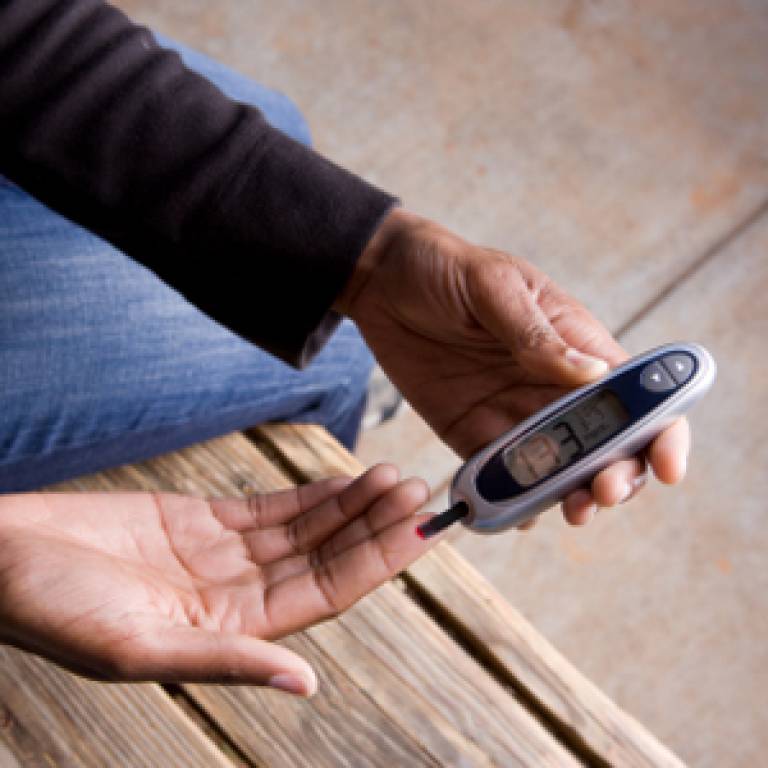Team awarded £5.8m grant to improve interactive medical devices
4 September 2009
Links:
 uclic.ucl.ac.uk/" target="_self">UCL Interaction Centre
uclic.ucl.ac.uk/" target="_self">UCL Interaction Centre
A team of researchers led by Professor Ann Blandford from the UCL Interaction Centre (UCLIC) has been awarded a £5.8m grant from the Engineering and Physical Sciences Research Council to improve the usability and safety of interactive medical devices.
The EPSRC grant, CHI+MED, (Computer-Human Interaction for Medical Devices) is a major new project to improve devices that have a user interface and are designed to be used by people without extensive technical training, such as infusion devices, glucometers and vital signs monitors.
The CHI+MED team involves investigators from Swansea University, City University, the Royal Free Hospital, the Singleton Hospital and Queen Mary, University of London.
Medical errors in the UK are estimated to kill or seriously injure 74,000 a year. Many of these involve mistakes using interactive medical devices, so the ease of use and reliability of such devices is critical.
Incorrectly setting a device up or incorrectly making readings can result in incorrect treatment, even patient death. Good design can often prevent such mistakes being possible in the first place.
Reliance on interactive medical devices is growing, both in clinical settings and, increasingly, for patients without direct clinical supervision. For example, pumps give drugs for treatment and pain relief of cancer patients, while glucometers measure blood sugar levels for diabetics.
CHI+MED will improve safety by a scientific approach to understanding and designing out errors. That involves studying not just device interfaces but on the way people use them in a given context. CHI+MED will study the design and use of devices, in both controlled settings and in hospital and home settings.
The project will work with those who design, purchase, deploy and use devices, to deliver improvements in the design and selection of devices and training users. It will both save lives and improve the standard of living, particularly of those with long-term illnesses.
For more information follow the links above.
Image: man using a glucometer to measure blood sugar levels
UCL context
UCLIC is the leading UK Centre of Excellence in Human-Computer Interaction. It is the only UK HCI Centre with formal interdisciplinary support, works collaboratively with industry and the research community, and draws on the best scientific traditions in computer science and psychology.
Related stories:
UCL tops the THE league table in research grant wins
Researchers pioneer safer bone marrow transplants for sick children
€4.8 million in European Research Grants for UCL
 Close
Close

